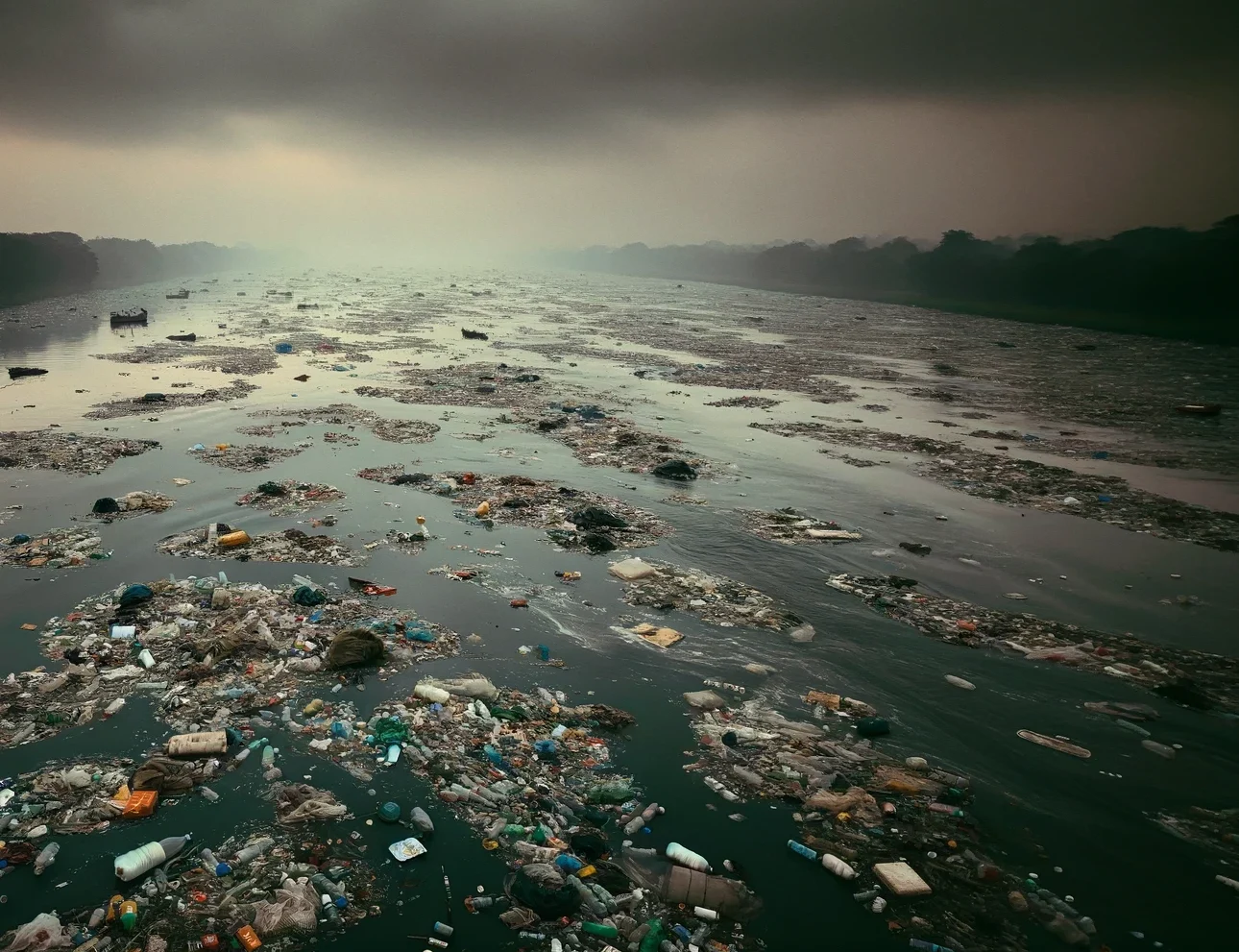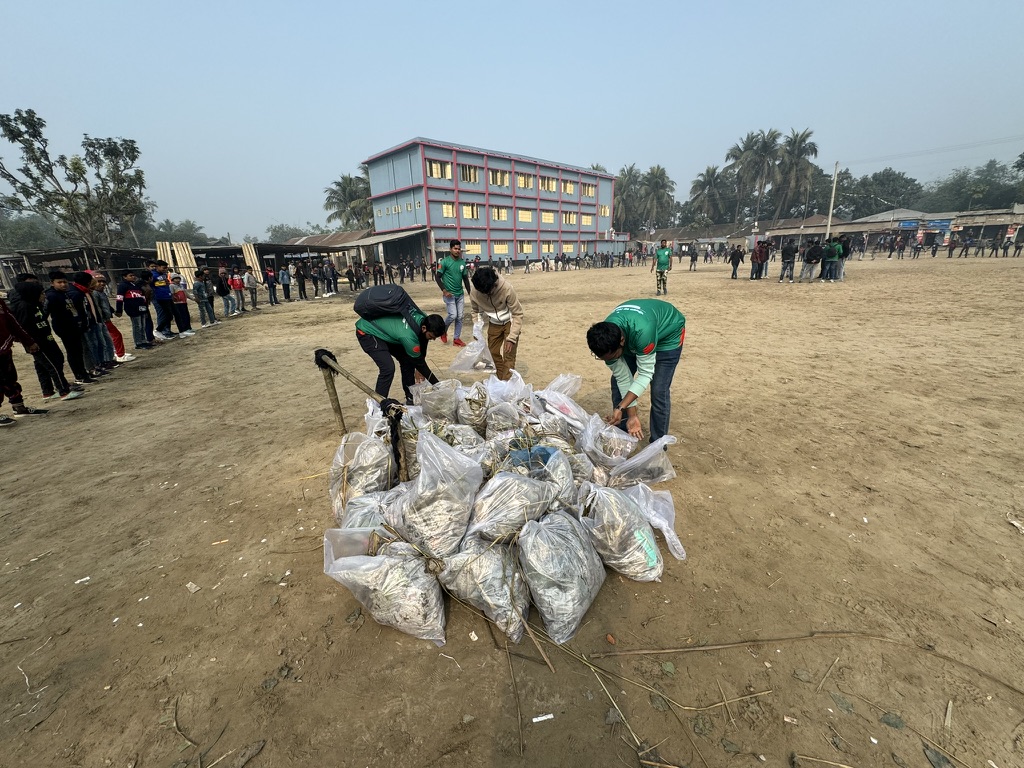In a revealing study by the Centre for Policy Dialogue (CPD) under its Green Cities Initiative Research, the dire state of plastic pollution in Bangladesh has come to light, with the Karnaphuli River, a vital artery for the country’s biggest sea port in the south, being the hardest hit. The research has shown that a staggering 40 percent of mismanaged plastic waste finds its way into this crucial waterway, severely impacting its ecosystem and the surrounding region.
The situation in the Karnaphuli is a striking reflection of a broader environmental crisis facing the nation’s rivers, with the Rupsha River in the southwest following closely, consuming up to 31.7 percent of the plastic waste. This pollution has reached a point where a significant dredging operation by the Chattogram Port Authority was recently abandoned due to the discovery of immense layers of polythene, highlighting the gravity of the situation.
The analysis, which presented a comprehensive overview of secondary data, has unveiled other rivers under threat, including the Kirtankhola, Sandha, Nar, Meghna, and several others, each burdened with varying percentages of plastic pollution. The CPD’s findings underscore the critical condition of Bangladesh’s water systems, polluted by approximately one million metric tons of mismanaged plastic waste annually, particularly along the coastal regions.
Syed Yusuf Sadaat, a research fellow at CPD, emphasized the severity of the issue in a workshop, noting that Dhaka alone produces 646 tonnes of plastic waste yearly, with a significant portion ending up in the country’s rivers or littering the streets. Mr. Sadaat pointed out the deltaic nature of Bangladesh, which increases the problem by accumulating plastic debris from neighboring countries, underscoring the urgent need for political commitment to combat this environmental menace.
The study also highlighted the compound factors, such as the rampant use of single-use plastics and the exacerbation of the problem during the Covid-19 pandemic. The urban infrastructure, with canals leading to rivers, has become conduits for transporting domestic waste, predominantly composed of polythene and plastic, into these water bodies. Additionally, industrial pollution continues to worsen the degradation of these vital waterways.
The findings of this study call for immediate action to mitigate the environmental, health, and economic repercussions of plastic pollution in Bangladesh. As the nation grapples with this escalating crisis, the call for a sustainable solution and a united effort to preserve the country’s waterways has never been more urgent.
View the full study here.




